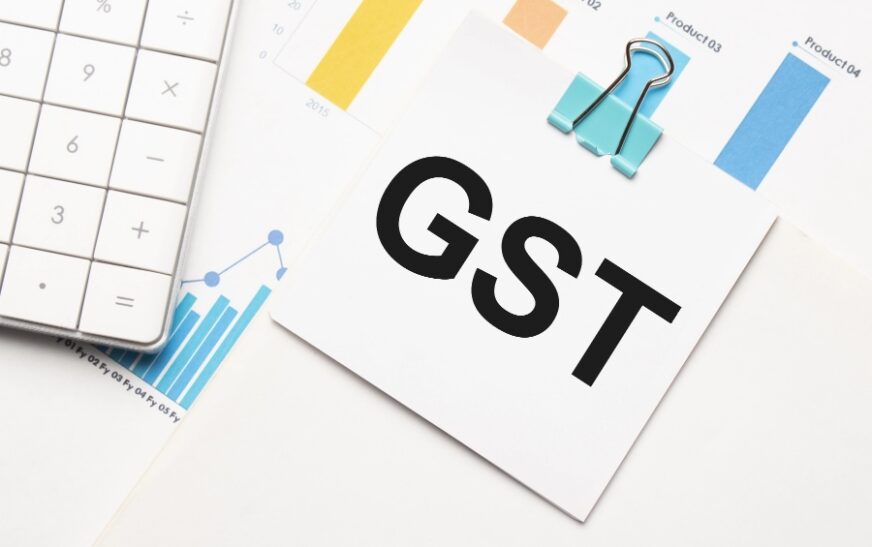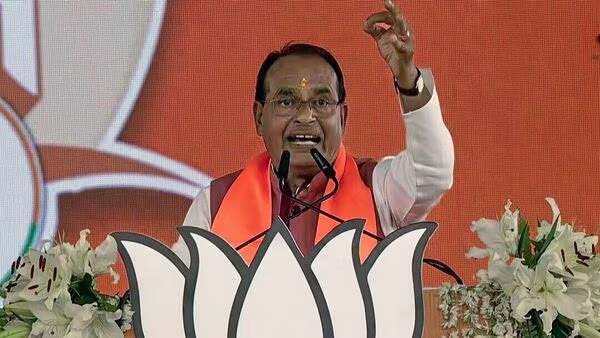A new cloud of uncertainty hangs over India’s real estate industry with the issuance of notices by the Goods and Services Tax (GST) authorities. These notices raise questions about how GST will be applied to leasehold land transfers, a common practice in many Indian cities.
The concern stems from the potential imposition of an 18% GST on top of existing stamp duty levied by state governments. This significant additional cost could act as a major deterrent for potential property buyers, impacting affordability and potentially dampening investment in the sector.
The core of the issue lies in how the authorities will interpret these transactions. Industry experts argue that treating leasehold land transfers as a service is illogical. They contend that land, even on a leasehold basis, represents a tangible asset, not a service. This additional tax burden, they argue, would inflate the overall cost of acquiring property and potentially stifle market growth.
The lack of clear guidelines regarding the GST treatment of leasehold land transfers has created a climate of apprehension among developers and buyers alike. The real estate sector is now urging the government to provide definitive regulations and adopt a more pragmatic approach. This is crucial to avoid hindering the industry’s growth and ensure affordability remains a priority for property buyers, particularly those seeking leasehold options.
With the real estate market already grappling with rising interest rates and inflationary pressures, the ambiguity surrounding GST on leasehold land transfers serves as an unwelcome addition. The government’s prompt intervention and clear guidelines are essential to alleviate the concerns of investors and ensure a stable and predictable environment for India’s real estate sector.















